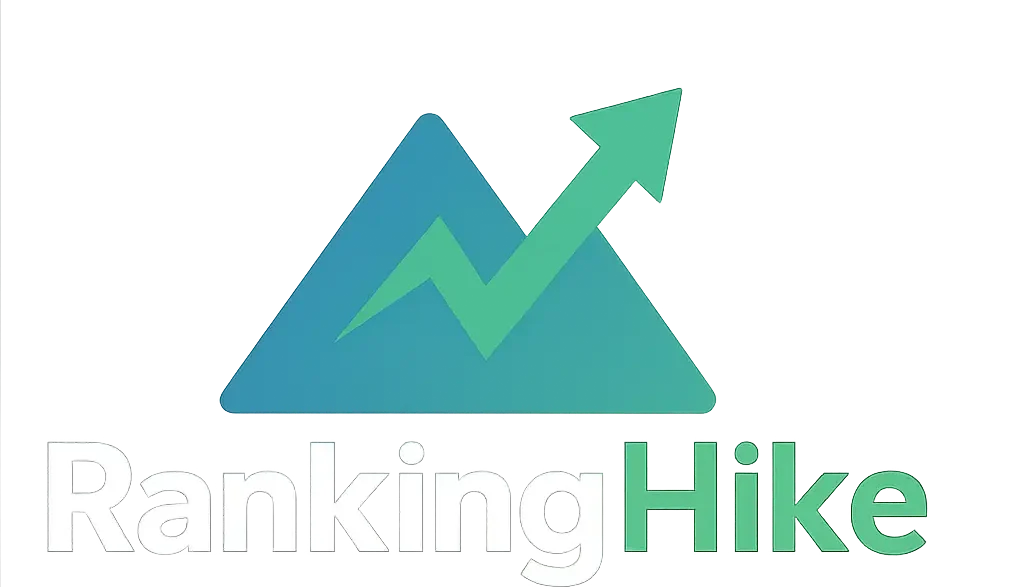
In the world of digital marketing, one thing is constant—everyone wants to rank #1 on Google. But with frequent algorithm updates and rising competition, basic SEO tactics aren’t enough anymore. In this post, we’re sharing 7 powerful SEO strategies that are working right now in 2025 to help websites rank higher and drive consistent organic traffic.
Whether you’re an entrepreneur, blogger, or marketing agency—these are actionable tips you can apply today.
1. Focus on Topical Authority, Not Just Keywords
In 2025, Google’s algorithm is rewarding websites that show deep expertise in a subject, not just shallow keyword coverage.
What to do:
- Build complete topic clusters around one theme (e.g., “local SEO”, “technical SEO”, etc.)
- Interlink related content to build internal relevance
- Use tools like AlsoAsked, AnswerThePublic, and Google People Also Ask
2. Optimize for Search Intent—Not Just Volume
High-volume keywords are useless if they don’t match user intent.
Tip: Analyze top-ranking pages for your target keyword and ask:
- Are users looking for information, products, or services?
- Does your page deliver what they’re expecting?
If your content doesn’t match intent, it won’t rank—no matter how well it’s optimized.
3. Improve Page Experience (Core Web Vitals)
Google now considers user experience signals like:
- Loading speed
- Mobile responsiveness
- Visual stability
Use tools like PageSpeed Insights and Lighthouse to fix issues and boost performance.
4. Use Structured Data to Stand Out
Adding schema markup (like FAQ, How-To, Review, etc.) helps search engines understand your content—and can win you rich snippets.
Bonus: It improves CTR and makes your listing stand out in search results.
Example:
htmlCopyEdit<script type="application/ld+json">
{
"@context": "https://schema.org",
"@type": "FAQPage",
"mainEntity": [{
"@type": "Question",
"name": "What is SEO?",
"acceptedAnswer": {
"@type": "Answer",
"text": "SEO stands for Search Engine Optimization, which is the practice of improving your website to increase visibility in search engines."
}
}]
}
</script>
5. Leverage AI-Powered Content—But Humanize It
AI tools like ChatGPT can help you brainstorm, structure, and research content faster—but always:
- Edit manually
- Add personal experience
- Focus on unique insights
Remember: Google prioritizes people-first content.
6. Build High-Quality, Contextual Backlinks
Backlinks remain a strong ranking factor. Focus on:
- Guest posting on relevant blogs
- Digital PR and outreach
- Creating link-worthy assets like infographics, tools, or in-depth guides
Avoid spammy directories or PBNs—they’ll do more harm than good.
7. Refresh Old Content for Quick Wins
Google loves fresh, up-to-date content.
Check your existing blog posts and:
- Update outdated stats or screenshots
- Add new subheadings or FAQs
- Improve readability and internal linking
This alone can give a significant boost in rankings—without writing new content.

